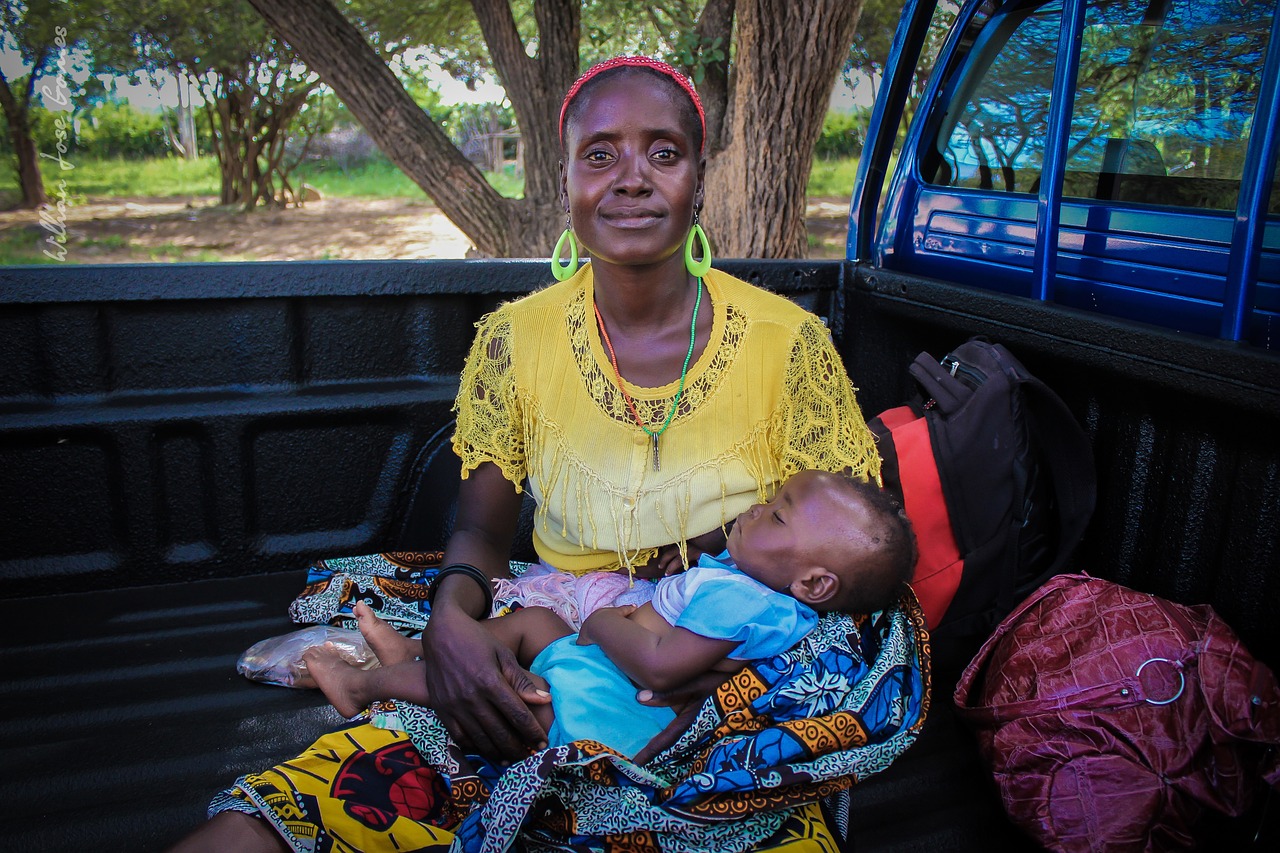Reproductive, maternal, neonatal, child and Adolescent health (RMNCAH) issues remain a significant health issue in West and Central Africa characterized by child marriage, adolescent childbearing, HIV transmission, and limited access to modern contraceptives. Factors influencing the slow progress on the continent include low skilled attendance at delivery, low prevalence and uptake of modern contraceptives and high unmet needs for family planning, low met need for emergency obstetric and neonatal care (EmONC), persistence of sexual and gender-based violence and high adolescent fertility rates. Globally, neonatal mortality rate in Africa remains the highest at 32 deaths per 1,000, contributing 38% to the global neonatal mortality rate and 30% to the continental burden of under-five mortality. In several countries on the continent, neonatal mortality has stagnated or shown very slow reduction.
There is a lack of comprehensive data on disparities related to gender, education, urban-rural divide, and household wealth in key aspects of sexual and reproductive health. Sustainable Development Goal 3·7 therefore aims to provide universal access to sexual and reproductive health services, despite being a contentious issue with far-reaching implications for individuals and families. Enhancements in sexual and reproductive health and rights can lead to economic growth, poverty reduction, improved education, decreased inequalities, and environmental sustainability.
Focused in the West and Central Africa region, EVIHDAF, via its various services, aims in the RMNCAH area, to:
Produce, strengthen and expand evidence for the development of country-owned, evidence-based costed action plans for ensuring deliberate, effective integration of high-impact interventions;
Stop preventable maternal and child deaths;
Improve maternal nutrition and feeding practices for infants and young children;
Ensure the health, nutrition, and well-being of mothers, newborns, and infants;
Achieve national and regional goals to increase modern contraceptive prevalence rates.
Our area of practice as regards RMNCAH is as follows:
- Family Planning and Reproductive Health
- Maternal, Newborn and Child Health
- Adolescent and Youth Sexual and Reproductive Health
- Immunization

